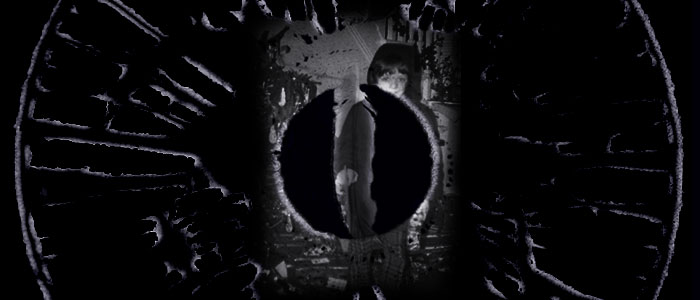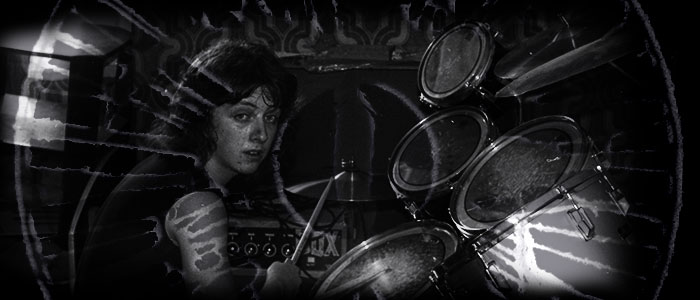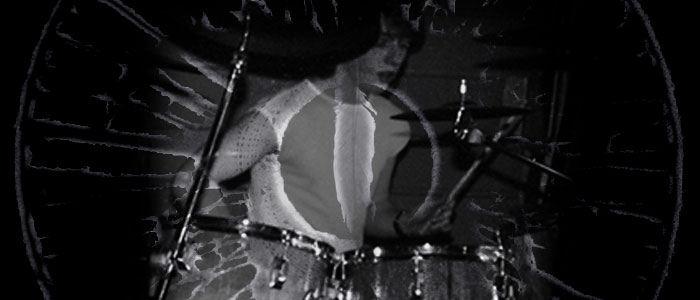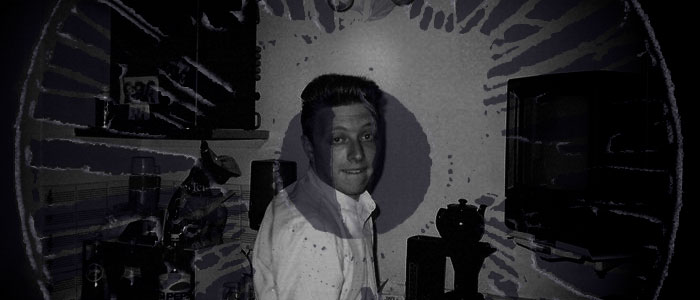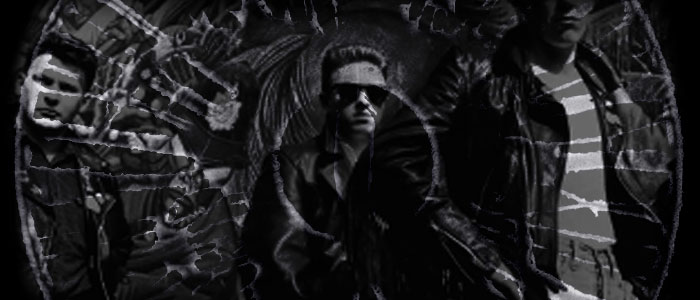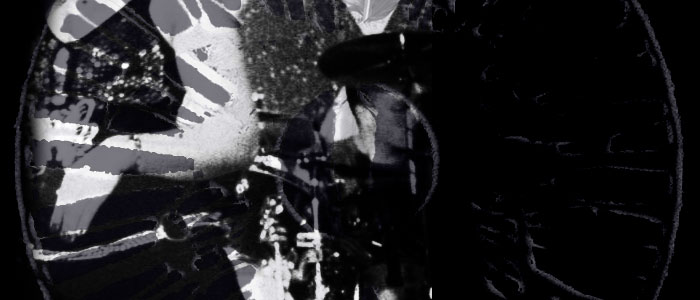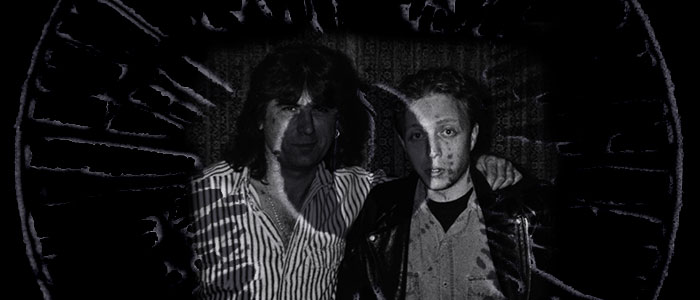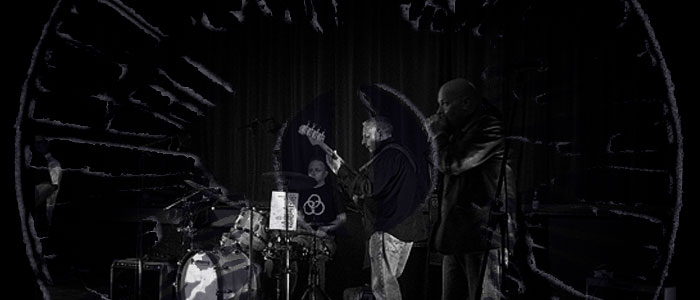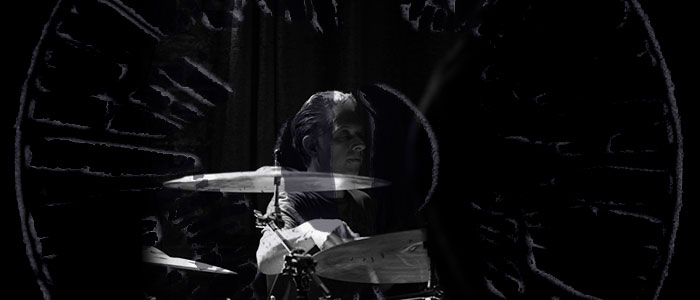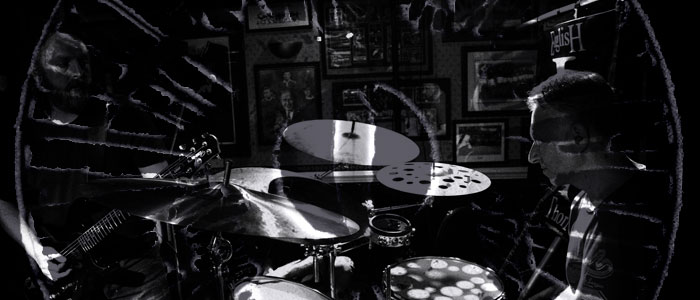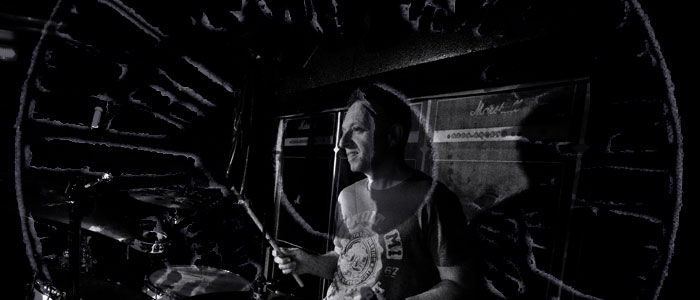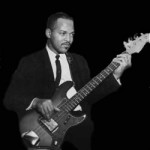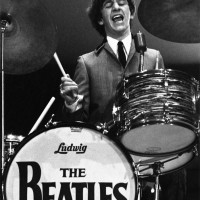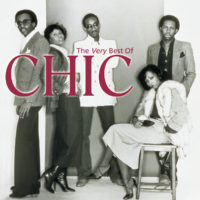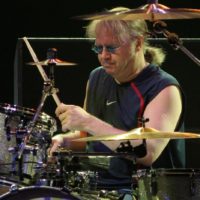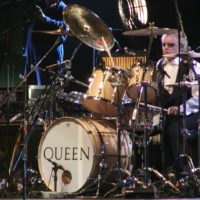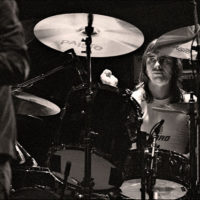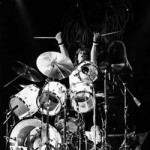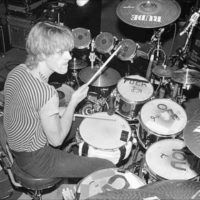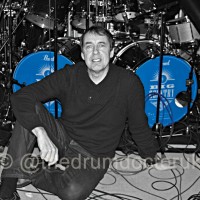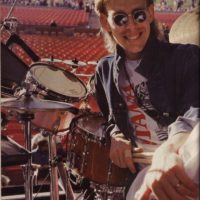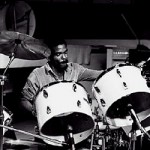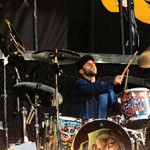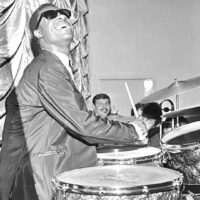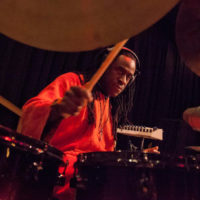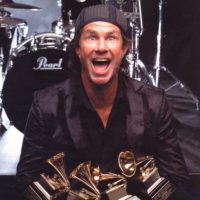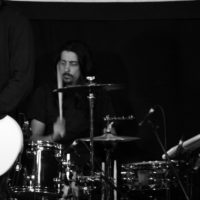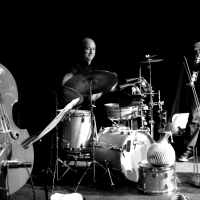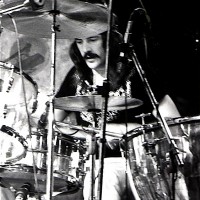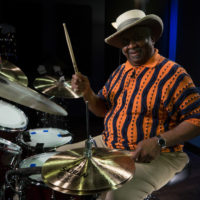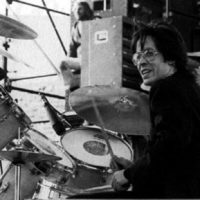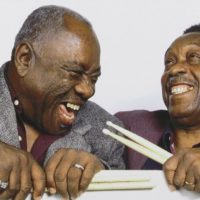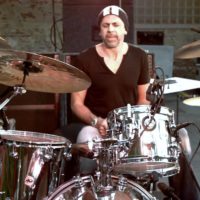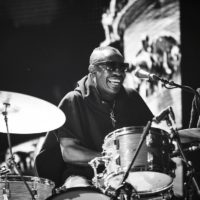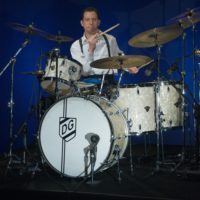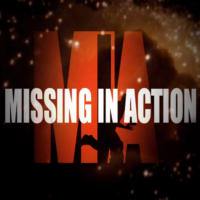As The Police rose to success, it was impossible for any young drummer not to notice the unique, trademark style of brash American, Stewart Copeland. Despite being a Rock fan, The Police managed to cross over into almost every youth culture of the late 1970’s and their guitar driven angst was enough to grab my attention. By early 1983, my Rock/Metal days were over and I was seeking new pastures. Stewart Copeland had just the drum territory I wanted to step into.
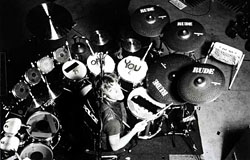 Looking back though, my fundamentalist worship at the altar of all things Copeland stopped me from seeing the bigger picture; the bigger picture being, a rhythm section who were constantly at war with each other, on and off the stage. In one corner stood this loud, gangly, middle class, American drum-powerhouse, once principal songwriter for the band he formed, usurped from the role by a Geordie upstart with an insects moniker. On the other side of the ring stood the working class Gateshead boy, superior song-smith, eloquent commentator, but also the harbourer of a darker, brooding arrogance. The mixture was both potent and volatile; but all I could see was this fantastic drummer in a band with great songs. I had no idea, whatsoever, that Copeland had to go through the humiliation of his older brother telling him that his songs weren’t as good as Sting’s and they would always be second choice or album fillers. So the counter-attack was for Copeland to try and lead from the back, which really isn’t a drummers place when you’re pedalling three-minute post-punk pop songs. To my immature ears, I didn’t hear a drummer overplaying; I heard a drummer bringing drumming to the forefront of music.
Looking back though, my fundamentalist worship at the altar of all things Copeland stopped me from seeing the bigger picture; the bigger picture being, a rhythm section who were constantly at war with each other, on and off the stage. In one corner stood this loud, gangly, middle class, American drum-powerhouse, once principal songwriter for the band he formed, usurped from the role by a Geordie upstart with an insects moniker. On the other side of the ring stood the working class Gateshead boy, superior song-smith, eloquent commentator, but also the harbourer of a darker, brooding arrogance. The mixture was both potent and volatile; but all I could see was this fantastic drummer in a band with great songs. I had no idea, whatsoever, that Copeland had to go through the humiliation of his older brother telling him that his songs weren’t as good as Sting’s and they would always be second choice or album fillers. So the counter-attack was for Copeland to try and lead from the back, which really isn’t a drummers place when you’re pedalling three-minute post-punk pop songs. To my immature ears, I didn’t hear a drummer overplaying; I heard a drummer bringing drumming to the forefront of music.
From Sting’s perspective, it must have been a nightmare relationship for a Bass player to be in. Always rushing, tempos racing, not able to lock in consistently – but whether by luck or planning, it seemed to work and produce one of the most original sounds of the latter part of the 20th century. I was not immune to the Copeland effect and obsessively lusted after Tama drums, splash cymbals and Octobans. (Although I never owned a Tama drum set, the splash cymbals and Octobans eventually made an unoriginal addition to my set-up.)
So where did Stewart Copeland go for inspiration to create these octopus-arm drum parts? Well, listen closely to the Hi-Hat work of Carlton Barrett and it’s clear that he lifted plenty of licks from the Wailers rhythmatist. However, by adding an echo machine and a few cleverly placed 4/5-stroke ruffs, Copeland was able to morph an already established style of drumming into his own signature sound which in turn, pushed Sting and Andy Summers into exploring their own instrumentation in search of the unique. The music press named what the band had created as ‘White Reggae’, short of having any other ready made pigeon-holes to box them in. Thanks to Stewart Copeland though, I was made aware of the ‘one drop’ reggae drum beat and encouraged to seek out the music of Bob Marley.
When the ‘Synchronicity’ tour hit the UK in 1984 I couldn’t drive so had no means of getting to any of the handful of dates they were doing. No problem, there was always the next tour…Of course, nobody knew we’d be waiting 25 years for that to happen.
As the 80’s turned towards the 90’s my tastes changed and Stewart Copeland became yesterday’s hero. Ironically, by 1995 I was half-heartedly performing in a Police tribute band; rather than embrace the chance to go back to my youth, I stubbornly looked towards Vinnie Colaiuta for inspiration and the way he interpreted Police songs in Sting’s touring band of the day. This was a big mistake on my part, as it deprived the show of some of the authenticity and after all, I wasn’t there to please myself or even be myself. Naturally, if I had that time again I would do it differently and better. But at the time, the conflict within me to play the Colaiuta parts in favour of the Copeland parts caused me a lot of inner turmoil. For Sting though, I could see that it must have been a breeze to play with drummers who could nail the pocket after living in a musical battlefield. But it’s fair to say that without that creative, explosive, tension, it’s quite possible The Police would not have been successful.
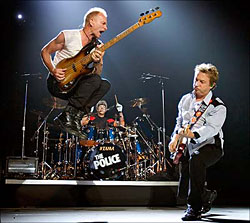 It was heartening to see Copeland and Sting finally working as a proper rhythm section on the reunion tour. There had obviously been a great deal of mellowing over the years without which, the reunion may well have been impossible to accomplish. My personal theory is that over the preceding years since The Police machine stopped, Stewart Copeland had finally been able to prove himself on the world’s stage, as a successful composer in the film industry and could now face Sting as an equal within his field. You see folks, simply being a good drummer is sometimes never enough; especially for those who also carry a torch for musical composition.
It was heartening to see Copeland and Sting finally working as a proper rhythm section on the reunion tour. There had obviously been a great deal of mellowing over the years without which, the reunion may well have been impossible to accomplish. My personal theory is that over the preceding years since The Police machine stopped, Stewart Copeland had finally been able to prove himself on the world’s stage, as a successful composer in the film industry and could now face Sting as an equal within his field. You see folks, simply being a good drummer is sometimes never enough; especially for those who also carry a torch for musical composition.
